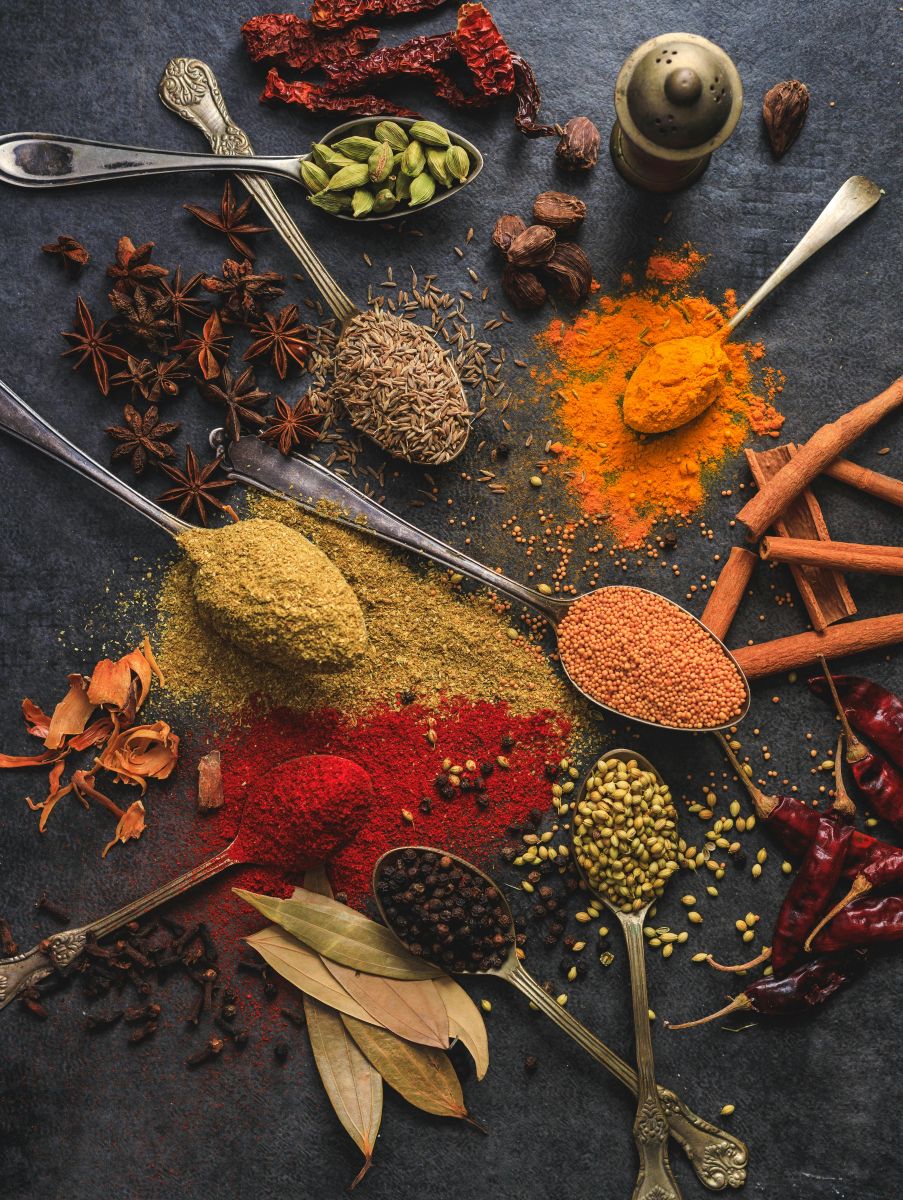Embarking on the journey to sobriety is a courageous and transformative step. It’s a path that requires strength, resilience, and often, support. While professional guidance and support groups are essential, nature can also offer a gentle hand through the use of certain herbs. These natural allies can help ease some of the challenges associated with early sobriety, promoting relaxation, reducing cravings, and supporting overall well-being.
Understanding the Challenges of Early Sobriety
The initial stages of sobriety can be particularly challenging. Withdrawal symptoms, cravings, anxiety, and difficulty sleeping are common experiences. Herbs can offer complementary support during this time, helping to manage these symptoms and ease the transition.
Herbs to Consider (Consult a Healthcare Professional)
1. Moringa
Moringa, also known as the “drumstick tree,” is a nutrient-dense herb that supports overall health and vitality. For individuals recovering from alcohol use, moringa can help restore nutritional balance by replenishing essential vitamins and minerals. It also supports liver health, an organ that can be affected by alcohol consumption. Moringa’s antioxidant and anti-inflammatory properties can help detoxify the body and aid in recovery.
2. Ginger
Ginger is well-known for its digestive benefits and can be especially helpful during the early stages of sobriety when digestive issues, nausea, and upset stomachs may arise. It helps reduce inflammation, boosts the immune system, and can aid in managing stress and anxiety that often accompany alcohol withdrawal. Ginger can be taken as a tea or added to meals for a soothing effect.
3. Lemon Balm
Lemon balm, a member of the mint family, is a calming herb that promotes relaxation and reduces anxiety. For those in recovery, stress and anxiety can often trigger cravings, and lemon balm helps ease these emotional triggers. Drinking lemon balm tea can help calm the nervous system and support a sense of mental clarity, aiding in the emotional stability needed to stay sober.
4. Chamomile
Chamomile is a gentle and soothing herb commonly used to improve sleep quality, which is crucial during recovery from alcohol. Alcohol can disrupt the natural sleep cycle, so chamomile tea can help you relax and fall asleep more easily. It’s also helpful for calming the mind, reducing stress, and alleviating symptoms of anxiety or restlessness often experienced during the withdrawal process.
5. Scented Geranium (Pelargonium)
Scented geranium is a fragrant herb that has medicinal properties, including the ability to balance mood and reduce anxiety. In Kenya, this herb is often used in herbal teas and tinctures for its calming effects. For those in recovery, this herb can help with emotional stability and help manage cravings, particularly when emotions run high.
6. Gotu Kola
Gotu kola is an herb renowned for its ability to improve mental clarity and cognitive function. It’s also beneficial for reducing stress and anxiety, two common challenges during alcohol sobriety. Gotu kola supports the nervous system, helping to balance mood and improve overall emotional well-being, making it an excellent ally during recovery.
7. Fennel
Fennel seeds have been used for centuries for their detoxifying and digestion-boosting properties. They can help clear toxins from the liver and improve digestion, which is vital for those who have experienced liver strain from alcohol use. Additionally, fennel can reduce bloating and cramping, which are common digestive complaints during withdrawal.
8. Peppermint
Peppermint is known for its invigorating and refreshing properties, making it a great herb for promoting mental clarity and focus during the recovery process. It helps soothe digestive discomfort and can also relieve tension headaches and stress, making it an all-around excellent herb for those working to maintain sobriety. Peppermint tea is a simple and effective way to stay grounded during moments of stress or anxiety.
Important Considerations
- Professional Guidance is Essential: Herbal remedies should be considered complementary support and not a replacement for professional medical advice and treatment. It’s crucial to work with healthcare professionals, therapists, and support groups during your sobriety journey.
- Consult a Healthcare Professional: Before using any herbal remedies, especially during withdrawal, consult with a doctor or qualified healthcare practitioner. They can assess your individual needs and advise you on the appropriate herbs and dosages. Some herbs can interact with medications, so it’s vital to disclose all medications you are taking.
- Quality Matters: Choose high-quality herbs from reputable sources.
- Start Slowly: Introduce herbs gradually to see how your body reacts.
- Listen to Your Body: Pay attention to how your body responds to different herbs. If you experience any adverse effects, discontinue use immediately.
- Long-Term Support: Sobriety is a journey, not a destination. Continue to seek support from healthcare professionals, support groups, and loved ones throughout your recovery.
A Holistic Approach
Herbs can be a valuable tool in supporting sobriety, but they are most effective when combined with a holistic approach to recovery. This includes:
- Therapy and Counseling: Addressing the underlying causes of alcohol use is crucial for long-term sobriety.
- Support Groups: Connecting with others who understand the challenges of addiction can provide invaluable support and encouragement.
- Healthy Lifestyle: A balanced diet, regular exercise, and mindfulness practices can contribute to overall well-being and support the recovery process.
Embracing the Journey
The path to sobriety is unique to each individual. Be patient with yourself, celebrate your progress, and remember that support is available. By combining professional guidance, self-care practices, and the gentle support of nature, you can navigate the challenges of early sobriety and build a fulfilling, alcohol-free life.



